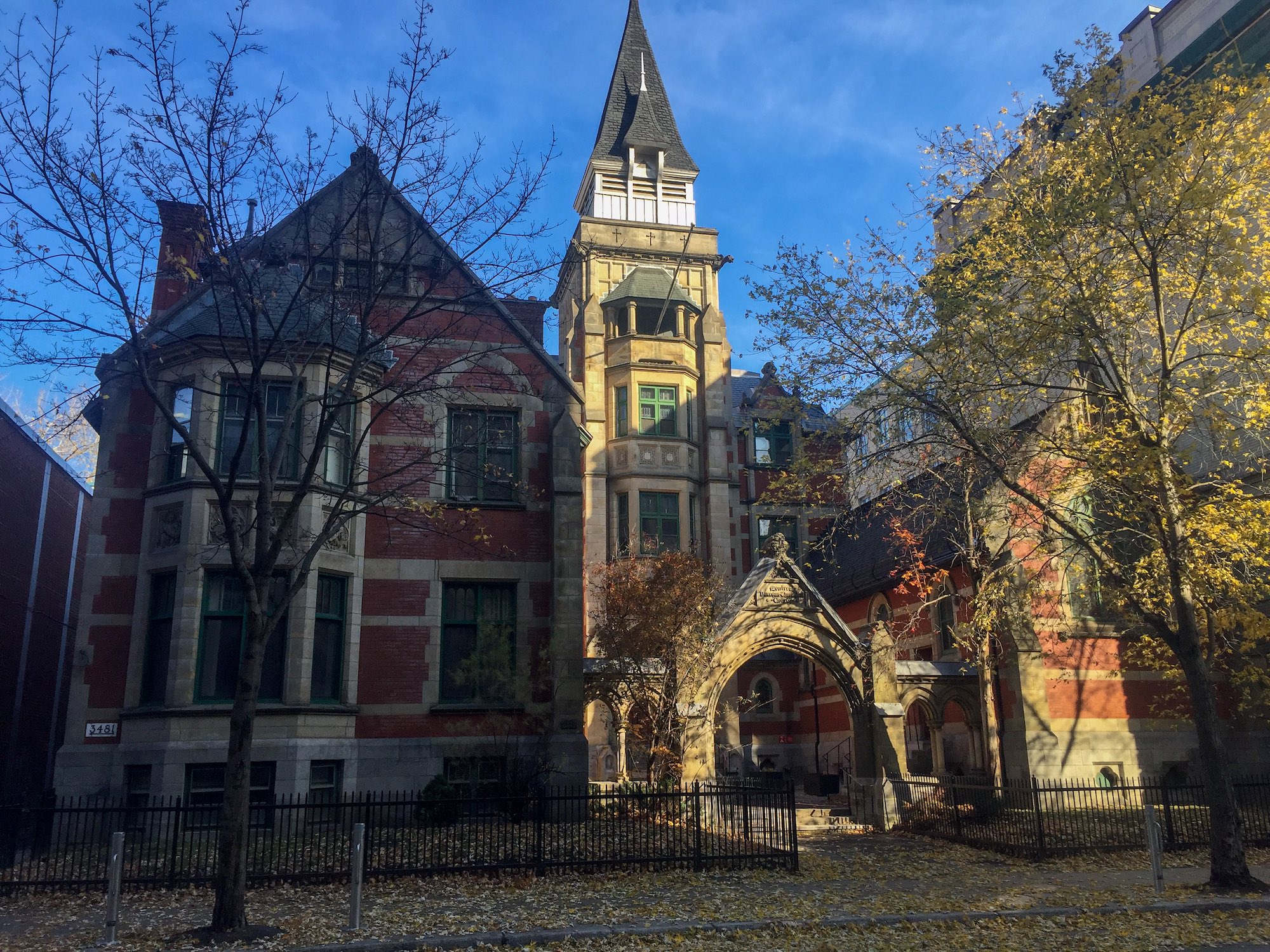Living in student residences is an experience that many first year McGill students cherish, and for the 2020-21 incoming class, one of the only in-person aspects of McGill left. Yet for many women in New Residence Hall this year, living in residence quickly became a painful part of their first year experience. In mid-December, students began a justice campaign when multiple women came forward with allegations of sexual violence at the hands of a fellow student in residence. McGill’s response to this was disappointingly inadequate. While McGill is bound legally from sharing information about the proceedings, acknowledging how damaging this experience is for women in residences is necessary. With the new COVID-19 restrictions in place, McGill’s negligence is more shameful than ever.
After the women’s stories came out, students flooded the comment section of McGill’s official Instagram page, demanding action from the university. Meanwhile, a petition started by the survivors reached over 50,000 signatures, amounting to much more than the total student population at McGill. McGill made an unsatisfactory statement stating that they are aware of the allegations and looking into the situation. Now, a month later, the women still need to be on alert to spot an alleged predator in their classes. As an institution that demands tolerance and respect from those staying in residences, as well as all students, this is unacceptable. The fear amongst students, especially those living in residence, will not be mitigated until McGill takes action by removing this student from McGill classes if evidence holds. Additionally, a better statement could make clear the consequences of predatory behaviour on campus without sharing private information.
McGill’s silence has resulted in not just anger and fear amongst students, but has gone even further to jeopardize the academic performance of women in residences. Feeling unsafe in residence means feeling uncomfortable in your home: The very environment where students study, socialize and sleep. Enabling predators to inhabit these spaces results in increased stress amongst the residents. This stress can lead to isolation, decreased sleep quality, and difficulty concentrating in classes. McGill is supposed to foster a space where students can succeed. The university can offer services like OSVRSE for victims of sexual violence, but until they demonstrate that they wholly condemn predators, those services are inadequate.
Montreal’s new COVID-19 regulations further exacerbate the situation at hand. Quebec recently implemented a curfew, lasting from 8 p.m. to 5 a.m. each day, confining those living in residence to a home where they feel unsafe. While the curfew disproportionately affects women, McGill has the power to do something to remedy the situation in residences. Students should not be riddled with anxiety or fear at the thought of leaving their rooms to go to the cafeteria, especially when that is a place they need to go.
Students in residence are now stuck there for at least nine hours of the day; not to mention that other than walks, there are few opportunities to spend time outside during Montreal’s frigid winters. McGill’s first years need support, and the new lockdown has added another layer of urgency. The university’s inaction is affecting students’ mental health and potentially even their academic record, a permanent reflection of their studies. McGill should be mitigating its students’ stress, not adding to it. Women at McGill deserve answers. This is the administration’s opportunity to show students at McGill that sexual violence on campus will not be tolerated and that victims who speak out will be heard and protected.









